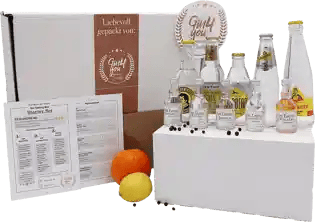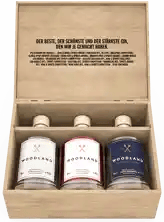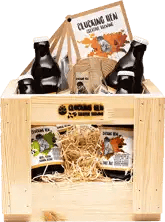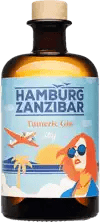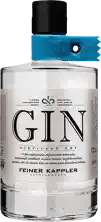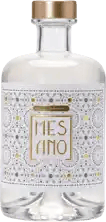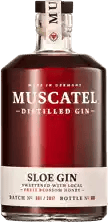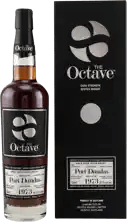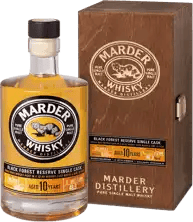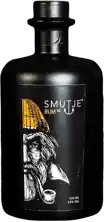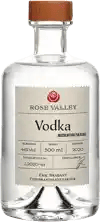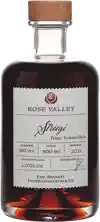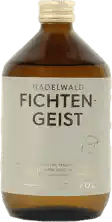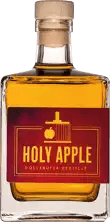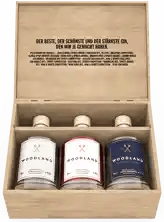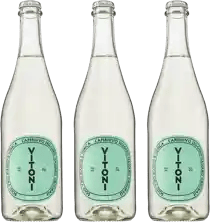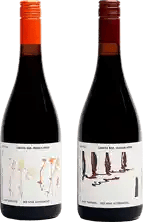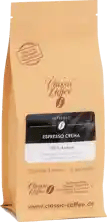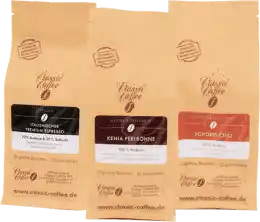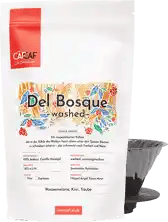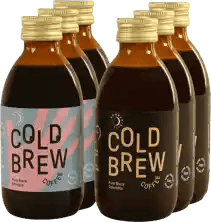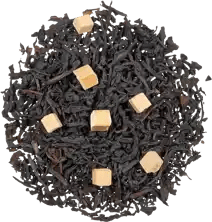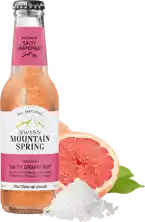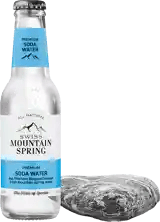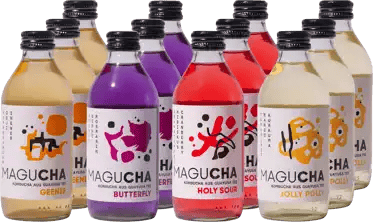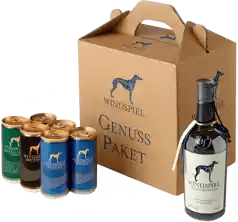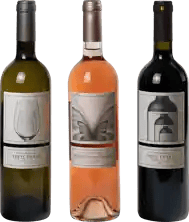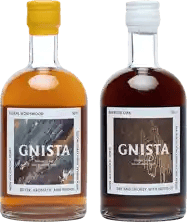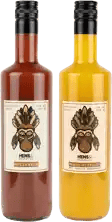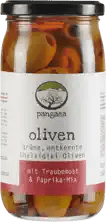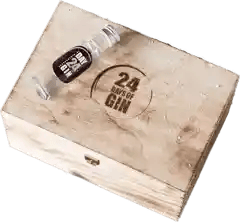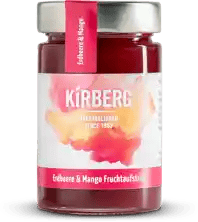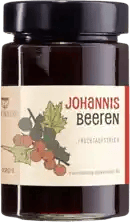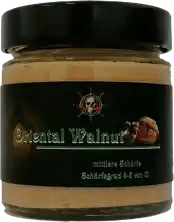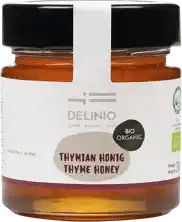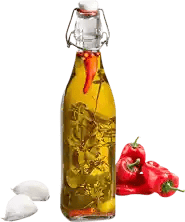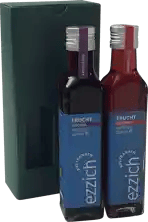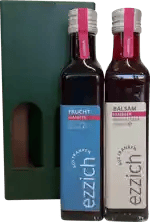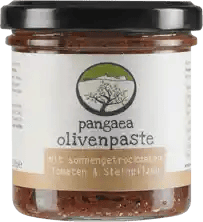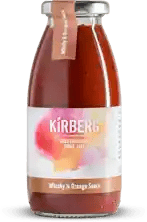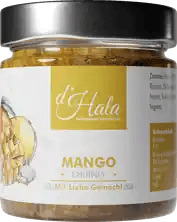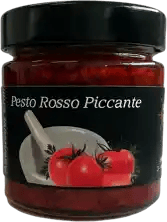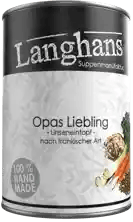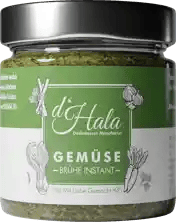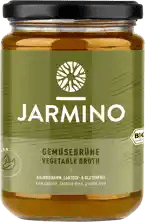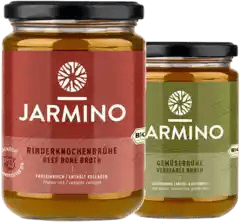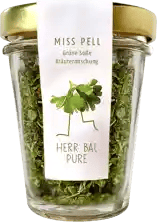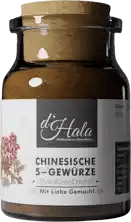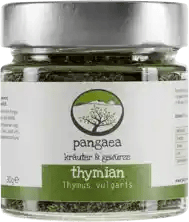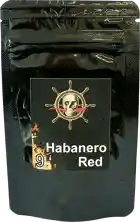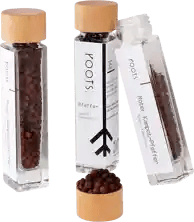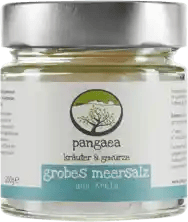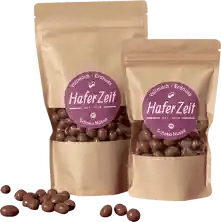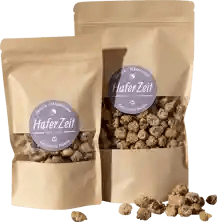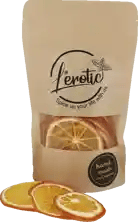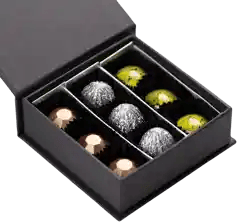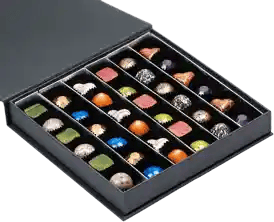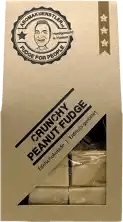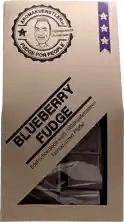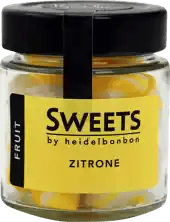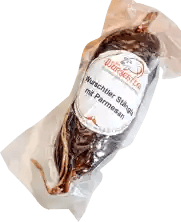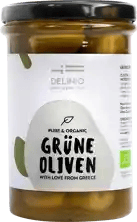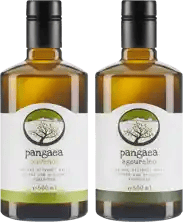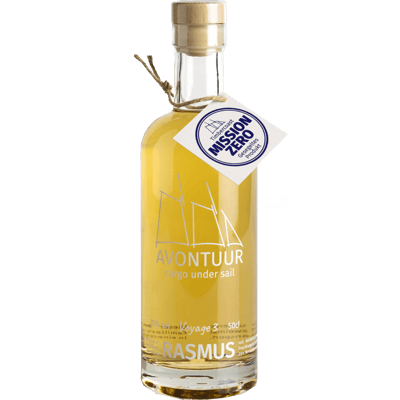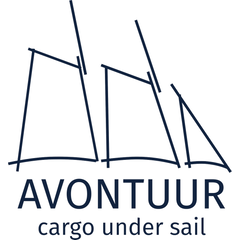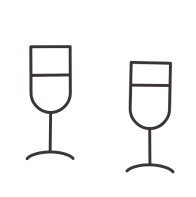More information about Avontuur "Rasmus Voyage 3"
Due to the insolvency of the well-known Avontuur are unfortunately only about 260 bottles of the Avontuur "Rasmus Voyage 3" - sailed grain available. We have it exclusively for you!
RASMUS was grown, distilled and finely distilled in the noble grain distillery Joseph Rosche in Haselünner family tradition. In a Bordeaux red wine barrel filled with AVONTUUR rum on the voyage before, it crossed the North Atlantic twice on our cargo sailing ship. Due to the intense sea state, the grain matured in the AVONTUUR rum barrels to an intense and at the same time pleasantly unobtrusive spirit - our RASMUS.
When the ship departs on a new voyage, the first sip always goes overboard to RASMUS, the Lord of the Winds. For he is supposed to ensure a good wind and at the same time keep storms away from the ship.
RASMUS is a northern German exception, a friend of sailors and ambassador for clean sea transport.
Sailed: 5 months and 12,700 nautical miles on the AVONTUUR across the Atlantic in a Bordeaux red wine barrel previously filled with AVONTUUR rum.
| Country: | Germany |
| Contents: | 0,5 Liter |
| Filler: | Edelkorn distillery Jos. Rosche Haselünne |
| Smell: | Honey, Rum, White Chocolate |
| Manufacturer: | Avontuur |
| Color: | golden yellow |
| Ingredients: | Alcohol, water, wheat |
| Drink type: | Grain brandy |
| Food companies: | TimberCoast GmbH, Steinstraße 15, 26931 Elsfleth, Germany |
Avontuur
Our story: During his more than 20 years of work experience in the shipping industry, Cornelius Bockermann was able to see for himself how we humans adversely affect our environment. With his company he carried out heavy transports for the oil industry. It was a lucrative business that earned him a lot of money, but it also made him aware of the impact that global transport shipping has on the oceans. More than 90 percent of global trade is handled by container ships, which are almost exclusively powered by heavy fuel oil. This fuel has long been banned on land and must be disposed of as hazardous waste. This makes the ocean giants quasi floating waste incinerators, for which there are only a few pollutant guidelines and which are subject to hardly any environmental obligations. It became clear to him that something had to change. He asked himself: How can companies and consumers be...
Read more
